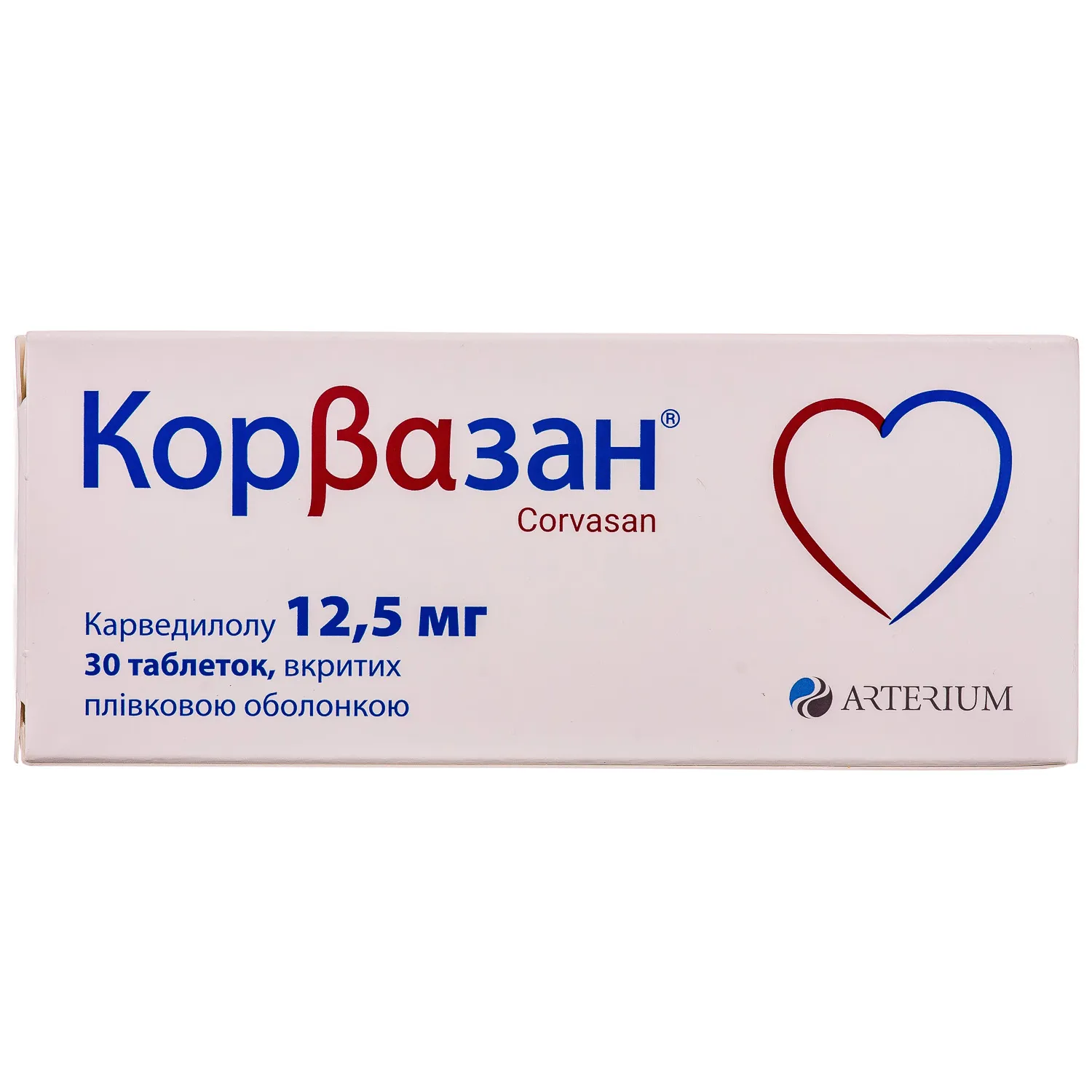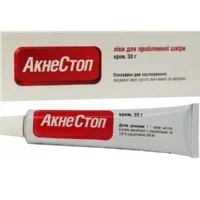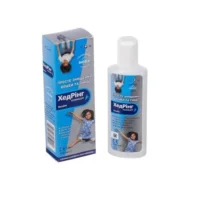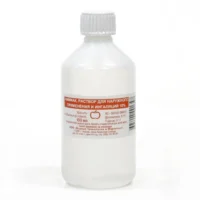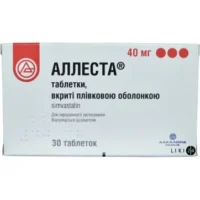Description
Corvazan (Carvedilol) Coated Tablets 12.5 mg. №30
Ingredients
Active ingredient: Carvedilol 12.5 mg.
Other ingredients: lactose monohydrate, crospovidone, povidone, colloidal anhydrous silica, magnesium stearate, hypromellose, macrogol 400, titanium dioxide (E171).
Mechanism of Action
Carvedilol is a non-selective beta-blocker with additional alpha-blocking properties. It works by blocking the action of natural substances like epinephrine on the heart and blood vessels. This leads to a decrease in heart rate, blood pressure, and cardiac strain, ultimately improving heart function. Carvedilol’s antioxidant properties may also contribute to protecting the heart from further damage.
Pharmacological Properties
Carvedilol has demonstrated efficacy in reducing morbidity and mortality in patients with heart failure and left ventricular dysfunction. Its unique combination of beta and alpha-blocking properties sets it apart in the management of hypertension and heart failure.
Indications for Use
Corvazan (Carvedilol) tablets are indicated for the treatment of hypertension, heart failure, and left ventricular dysfunction following myocardial infarction.
Contraindications
Do not use Corvazan tablets if you have bronchial asthma or related bronchospastic conditions, severe bradycardia, heart block greater than first degree, cardiogenic shock, or decompensated heart failure requiring IV inotropic therapy.
Side Effects
Common side effects of Corvazan may include dizziness, fatigue, hypotension, and bradycardia. Inform your healthcare provider if you experience any adverse reactions.
Usage Instructions
Take Corvazan tablets orally with food. Swallow the tablet whole with a glass of water. Do not crush or chew the tablet.
The recommended starting dose is 12.5 mg once daily for the first two days, which may then be increased to 25 mg once daily.
Benefits Compared to Analogues
Compared to other beta-blockers, carvedilol offers a broader range of cardiovascular benefits due to its unique pharmacological profile. Its dual beta and alpha-blocking properties make it a valuable option in the management of hypertension and heart failure.
Suitable Patient Groups
Corvazan tablets are suitable for adult patients with hypertension, heart failure, or left ventricular dysfunction. Dosage adjustments may be necessary for specific patient populations such as the elderly or those with renal impairment. Consult your healthcare provider for personalized recommendations.
Storage Conditions and Shelf Life
Store Corvazan tablets in a cool, dry place away from direct sunlight. Keep the tablets in their original packaging to protect them from moisture. Check the expiration date on the packaging and do not use expired tablets.
Packaging Description
Corvazan tablets are available in blister packs containing 30 coated tablets. Each tablet is imprinted with the dosage strength for easy identification.
Clinical Evidence and Proven Effectiveness
Carvedilol has been extensively studied in clinical trials for its efficacy in heart failure and left ventricular dysfunction. Studies like the COPERNICUS trial have shown significant improvements in symptoms and outcomes for patients treated with carvedilol. Regular monitoring of blood pressure and heart rate is essential to assess the medication’s effectiveness.

